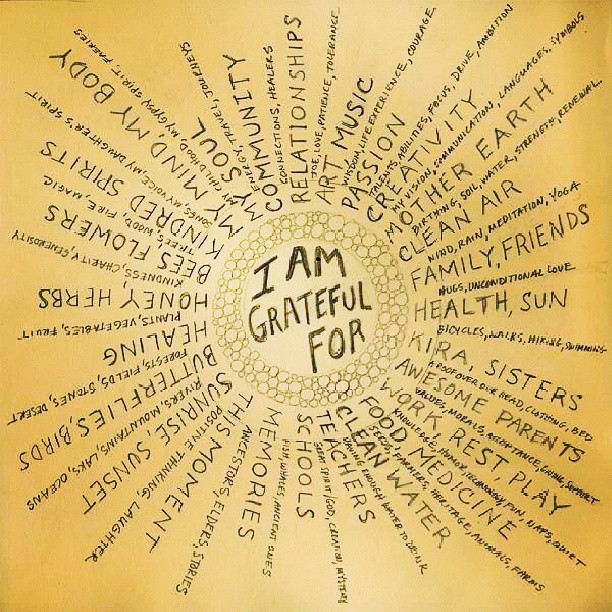We can agree that almost each of us holds a diary once in life. In adult life, it can seem childish to keep journaling our thoughts and emotions, but it could help us in so many ways. For example, it allows us to think more clearly, to know oneself better, to reduce the amount of stress we feel toward something or a specific situation. It can also stop us from ruminating because putting emotions into words forces us to analyze everything around them and the most important: slow down our mind (83 Benefits of Journaling for Depression, Anxiety, and Stress, s. d.).
My focus on this article will be specifically on the emotion of gratitude, a very common one yet very underrated. Gratitude is one of the most complicated emotions in our society and because we link it to religion, we can feel indebted towards something or someone and everyone knows that this feeling isn’t a very good one (Singh, 2018).
However, studies show that the expression of gratitude through journaling or voice recording can have a huge number of benefits on different aspects of our well-being. It can help us sleep better (Wood et al., 2009), reduce stress and anxiety (Wood et al., 2008), lower symptoms of depression (Liang et al., 2020) and even reduce the risk of heart disease (Neighmond, 2015) according to the professor Paul Mills. A lot of studies are being conducted in the field of Positive Psychology and more particularly around gratitude. We now know that feeling grateful towards something has a more realistic (physical) impact on our brain and behaviour than what we previously thought.
This year isolated us for a long time and thus our tendency to overthink and ruminate upon our “before Corona” life and uncertainty about our future could sometimes be very heavy and make us feel down for several days. That is why I suggest you try this by yourself and see if it works for you. If you are a writing person you can write down in a journal two or three things you are thankful for during your day. Another idea can be to share your gratitudes with a friend through a call or simply by messaging them. The fact of writing every day can feel heavy or exhausting for some of us and it can slide to the negative aspect of gratitude (guilt and shame). If it is being forced, feel free to listen to yourself and manage it according to your preferences.
Bibliography:
- 83 Benefits of Journaling for Depression, Anxiety, and Stress. (s. d.). Retrived on 18th december 2020 from https://positivepsychology.com/benefits-of-journaling/
- Liang, H., Chen, C., Li, F., Wu, S., Wang, L., Zheng, X., & Zeng, B. (2020). Mediating effects of peace of mind and rumination on the relationship between gratitude and depression among Chinese university students. Current Psychology, 39(4), 1430‑1437. https://doi.org/10.1007/s12144-018-9847-1
- Singh, M. (2018, december 24). If You Feel Thankful, Write It Down. It’s Good For Your Health. NPR.Org. https://www.npr.org/sections/health-shots/2018/12/24/678232331/if-you-feel-thankful-write-it-down-its-good-for-your-health
- Wood, A. M., Joseph, S., Lloyd, J., & Atkins, S. (2009). Gratitude influences sleep through the mechanism of pre-sleep cognitions. Journal of Psychosomatic Research, 66(1), 43‑48. https://doi.org/10.1016/j.jpsychores.2008.09.002
- Wood, A. M., Maltby, J., Gillett, R., Linley, P. A., & Joseph, S. (2008). The role of gratitude in the development of social support, stress, and depression : Two longitudinal studies. Journal of Research in Personality, 42(4), 854‑871. https://doi.org/10.1016/j.jrp.2007.11.003
Featured image :
- An Attitude of Gratitude. (2018, mai 30). Valleys Steps. http://www.valleyssteps.org/an-attitude-of-gratitude/
Author : Ardiana Dacaj

